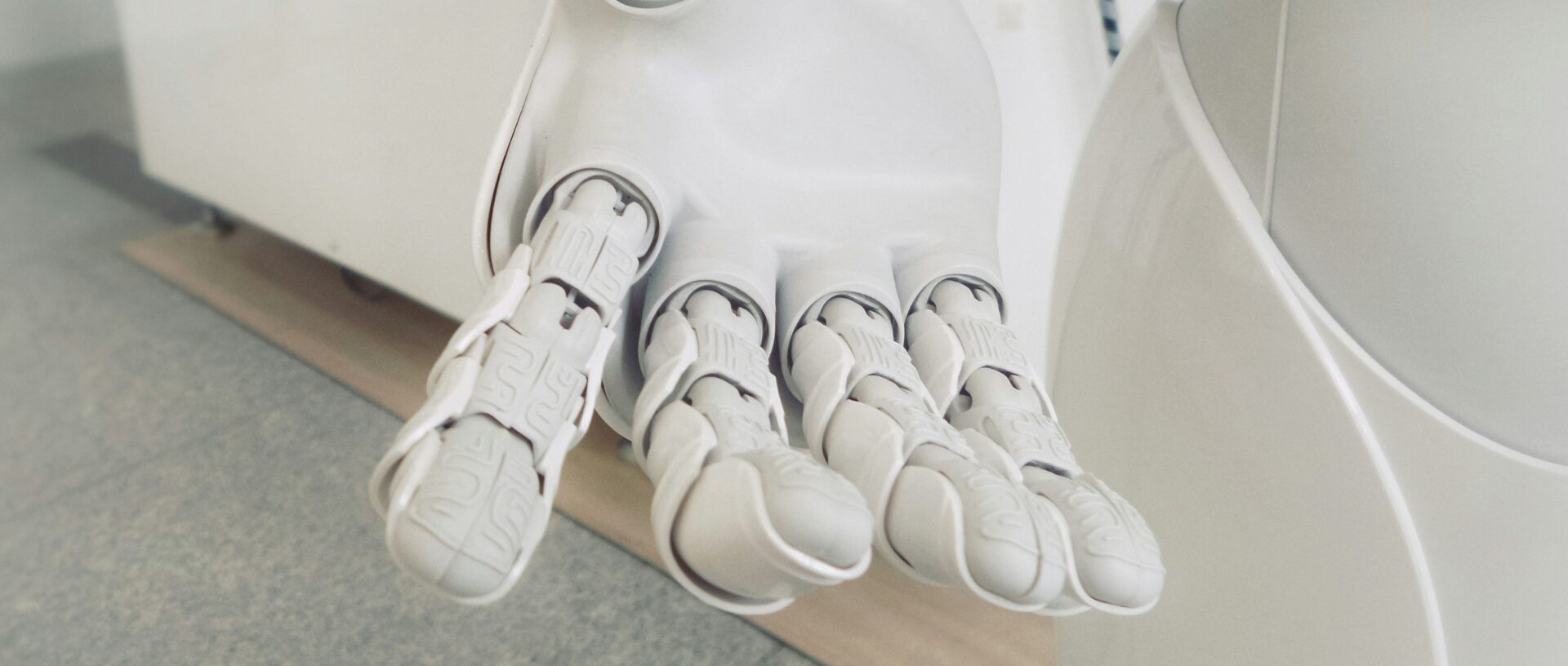
Being able to afford to keep the taps running and the lights on is becoming increasingly challenging for many people.
Disgruntled teenage me never understood my dad’s need to make us all wear four layers of clothing before he dared turn the heating on. Or why he would insist that I didn’t need to take a 20-minute shower because “15 minutes is plenty”. But now with my own bills to pay and energy rates soaring, turning off the tap when I brush my teeth is second nature, and the need to double up on woolly jumpers is very much a sad reality.
In late 2021, Savanta partnered with Ofwat and the Consumer Council for Water to explore consumers’ water usage habits and their environmental and utility beliefs. The research found that 1 in 8 of those surveyed struggled to pay their bills either ‘most of the time’ or ‘all the time’ in the last 12 months. Furthermore, a fifth of respondents reported having ‘sometimes’ experienced this.
This unignorable proportion of consumers that are struggling to meet utility payments has forced me to question: is it affecting the conservation of our nation’s water supply? And how?
I remember 2022’s hosepipe ban well. As I watched my lush, green lawn descend into something that more closely resembled an industrial-sized door mat, I began to consider the non-essential ways that a stable water supply supplements our lives – those things we usually take for granted.
Sometimes, it’s easy to think that we have nothing left to learn when it comes to conserving water or feel that we shouldn’t have to change our habits because the responsibility lies elsewhere. However, two-thirds of the public believe we must act now to reduce the impact of climate change, and by rethinking our water-saving habits – particularly in the midst of a cost-of-living crisis – the benefits are twofold.
With 2022 recently being confirmed as the UK’s hottest year on record, the effects of climate change are becoming ever clearer. Yet when it comes to our water usage, we can sometimes be hesitant or blind to the positive changes we could make. Even among those who are aware of the UK’s net zero targets, using less water in the home and garden is seemingly at the bottom of the list of potential actions that come to mind when thinking about achieving them.
Half of those surveyed believed that they already do all they can to use less water at home. However, more than half of that same audience also said that they rarely or never reuse water from cooking or washing up.
Similarly, around 1 in 10 consumers (8%) admit to doing half a load in the washing machine. These behaviours suggest that there is scope for individuals to make some positive changes in the way of water usage.
The chart below shows the proportion of the entire population surveyed vs. those who said that they already do as much as they can to save water at home, conducting some easy water-saving habits every time. Surprisingly (and soberingly), a large proportion of consumers do not always act in the most efficient manner
So, what could we do differently?
Firstly, we must be more open to water-saving ideas. Introducing some of the habits from the graph above could go a long way in reducing your water bill and have a significant impact on the environment.
It might feel like the two minutes worth of water that runs down the drain while you brush your teeth doesn’t have an impact. Many of us lead busy lives and that little trickle may be the last thing we are considering. However, with the UK being comprised of over 67 million people, and only just over half saying they always turn off the tap while brushing their teeth, it’s easy to see how small changes can add up.
Whilst the changes we can make as individuals are not enormous, their collective positive impact could be. As climate change continues to impact rainfall, this collective action could be fundamental to prevent future water shortages.
The bottom line is, we need to change our mindset.
…or kiss that lush, green lawn goodbye.





